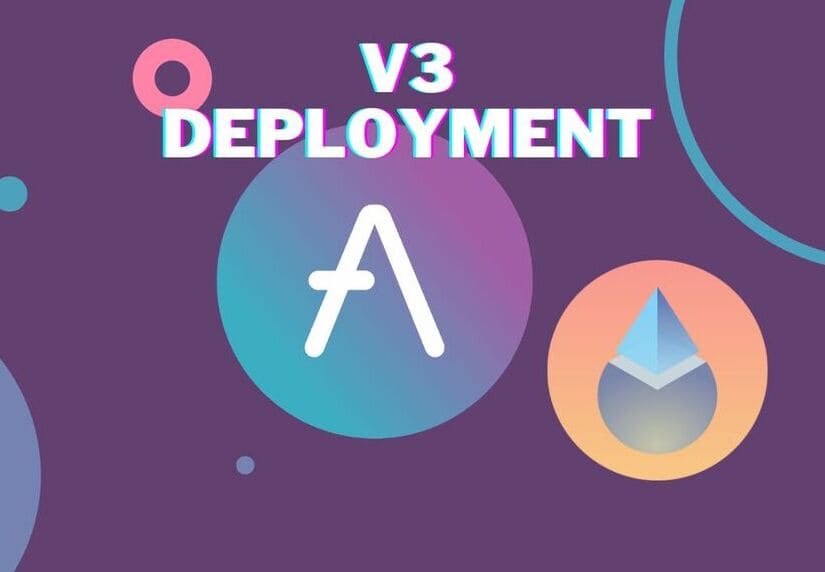TL;DR
- Aave supports the Lido Alliance initiative to promote stETH as a liquid staking token, approving a deployment of its V3 focused on the Lido ecosystem.
- The integration between the protocols aims to increase stETH liquidity and explore new opportunities in the DeFi space, leveraging symbiotic growth.
- V3 will be optimized to support leverage loops between stETH and wETH, with a borrowing cap of 90% on wETH to ensure profitability and mitigate negative risks.
Aave’s community, a leading DeFi lending protocol, has backed the Lido Alliance initiative to promote the liquid staking token stETH. This support was manifested through the approval of deploying Aave V3 specifically tailored to the Lido ecosystem. The proposal, voted on June 20 by the Aave community, aims to facilitate stETH leverage, thereby strengthening integration between both protocols.
The symbiotic growth pattern between Aave and Lido has been crucial for this decision. stETH has proven to be one of the standout collaterals, while staking leverage stands out as one of the most profitable use cases for both protocols. This alliance seeks to enhance market liquidity for stETH and explore new opportunities for Lido.

Aave Expands its Reach in the DeFi Economy
The proposal details that Aave V3 will be designed specifically to support leverage loops between stETH and wETH (wrapped Ether). To ensure profitability and mitigate risks. A borrowing cap of 90% on supplied wETH will be enforced, preventing stETH/wETH loops from entering negative territory.
With a Total Value Locked (TVL) of $12.3 billion, Aave plays a crucial role in the DeFi economy. Meanwhile, stETH represents a significant portion of Ether frozen for staking. With a TVL of $33.6 billion according to Dune Analytics.
In addition to deployment in the Lido ecosystem. Aave has also approved the implementation of V3 on ZkSync Era, a Layer 2 network known for its scalability. The protocol focuses on transaction efficiency and cost reduction while maintaining the security and decentralization inherent to the Ethereum mainnet.


